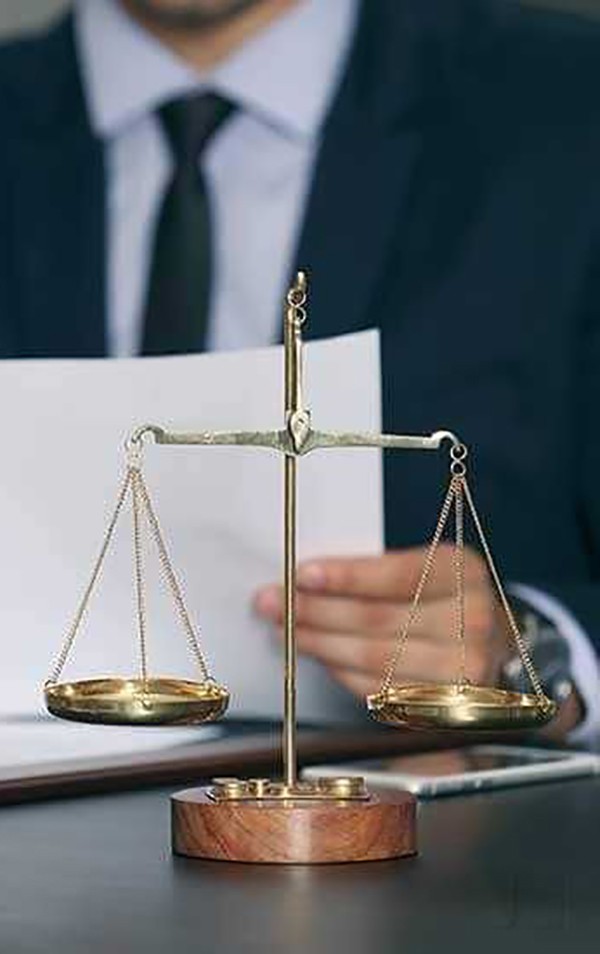Criminal defense refers to the legal representation and advocacy provided to individuals or entities accused of committing a crime. When someone is charged with a criminal offense, they have the right to seek legal counsel to defend their interests and protect their rights throughout the legal process. Criminal defense attorneys play a crucial role in ensuring that their clients receive a fair trial and that the government meets the burden of proving guilt beyond a reasonable doubt.
What Is Civil Litigation?
Legal Representation:
- Criminal defense attorneys represent individuals facing criminal charges. They advise their clients on legal matters, explain the charges, and guide them through the complexities of the criminal justice system.
Investigation:
- Defense attorneys investigate the circumstances surrounding the alleged crime. This may involve reviewing evidence, interviewing witnesses, and collaborating with investigators to build a strong defense.
Legal Strategy:
- Defense attorneys develop legal strategies to challenge the prosecution’s case. This may include questioning the admissibility of evidence, challenging the credibility of witnesses, or arguing legal issues related to the charges.
Negotiation:
- Defense attorneys often engage in plea negotiations with the prosecution. They may work to secure a favorable plea deal for their client, potentially reducing charges or sentencing in exchange for a guilty plea.
Trial Representation:
- If a case goes to trial, criminal defense attorneys represent their clients in court. They present evidence, cross-examine witnesses, and argue legal points to the judge and/or jury.
Legal Defenses:
- Defense attorneys explore various legal defenses based on the circumstances of the case. Common defenses include self-defense, lack of intent, alibi, entrapment, and constitutional violations.
Legal Rights Protection:
- Criminal defense attorneys ensure that their clients’ constitutional rights are protected throughout the legal process. This includes the right to remain silent, the right to legal counsel, and protection against unreasonable searches and seizures.
Appeals:
- If a conviction occurs, defense attorneys may file appeals on behalf of their clients, challenging legal errors or constitutional violations that may have occurred during the trial.
Types Of Civil Litigation

Business Torts
"Business torts" encompass legal wrongs against businesses, including fraud and unfair competition.
Civil Rights
"Civil rights" refer to legal protections ensuring equality and non-discrimination.
Civil Remedies
"Civil remedies" denote legal solutions sought in civil cases for rights violations or harm compensation.
Civil Procedure
"Civil procedure" refers to the rules guiding legal actions in civil court.
Legal Guidance Customized for Your Business Needs
Criminal defense can cover a wide range of offenses, from misdemeanors to serious felonies. Defense attorneys may specialize in specific areas of criminal law or handle a broad spectrum of cases. It's essential for individuals facing criminal charges to seek the assistance of a skilled and experienced criminal defense attorney to navigate the legal process and ensure their rights are protected.


